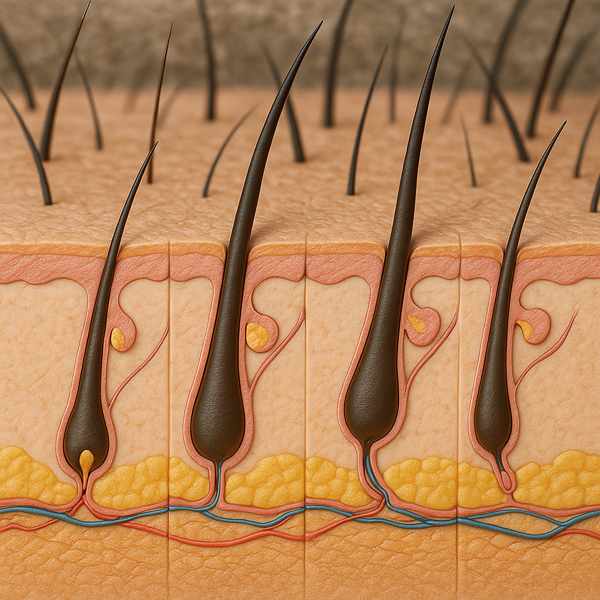Why Does Hair Fall Out During Weight Loss?
Why Does Hair Fall Out During Weight Loss?
Blog Article

Losing weight is often a positive step toward better health, but it can sometimes come with unexpected side effects — like hair loss.
Understanding why this happens and how to protect your hair can help you reach your goals without compromising your confidence.
The Link Between Dieting and Hair Shedding
Hair loss during weight loss is usually a result of physical stress or nutritional deficiencies.
Common causes include:
- Lack of protein, iron, or vitamins
- Extreme calorie restriction
- Hormonal imbalances
- The body reacts to sudden changes
What Type of Hair Loss Is It?
Most hair loss related to weight loss is called telogen effluvium.
Key facts:
- Usually occurs 2–3 months after weight loss begins
- No bald patches, just thinning
- Hair usually grows back with time
Nutrients Critical for Hair Health
If you're trying to lose weight, be sure not to miss these nutrients:
- Protein
- Iron
- Biotin and other B vitamins
- Zinc
- Vitamin D
Skipping meals or using crash diets can easily lead to deficiencies that trigger hair loss.
Yes — With the Right Strategy
It’s possible to do both by following a balanced and mindful approach.
Tips include:
- Lose weight gradually
- Focus on whole, balanced meals
- Especially during calorie restriction
- Both affect hormones and hair health
- Hair needs water, too
How to Manage Hair Loss During Your Journey
If you notice excessive shedding:
- It’s likely temporary
- bariatric surgery hair loss Check for deficiencies or thyroid issues
- Replenish what’s missing
- Try gentle hair care
- Be patient
When to See a Professional
If hair loss continues beyond 6 months or worsens significantly, it's a good idea to consult a healthcare provider.
- A common cause of both weight and hair changes
- Can trigger more permanent forms of hair loss
- Severe nutritional deficiencies
Final Thoughts
Weight loss and hair loss can be connected, but they don’t have to be permanent partners.
Prioritize nourishment, patience, and consistency, and your body will thank you — from head to toe. Report this page